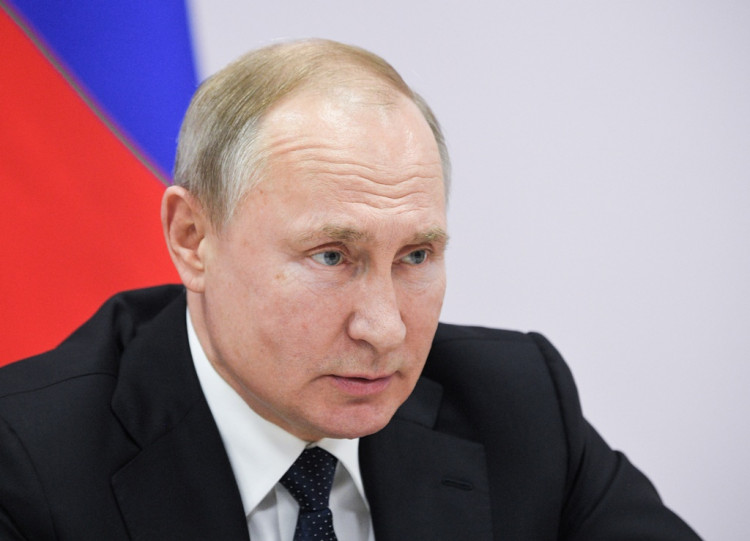In a time of global uncertainty and dynamic political landscapes, even rumors can send shockwaves through nations. Such was the case when whispers about Russian President Vladimir Putin's health, potentially leading to his death, circulated widely both within and outside Russia's borders.
Ukraine's defense intelligence spokesperson, Andriy Yusov, chimed in on the evolving situation, implying that this might be more than just a baseless rumor. "Russia's anonymous Telegram channels have crafted this message for their domestic audiences," Yusov told NV Radio. "It aims to gauge reactions across the public spectrum - from common folk to the media elites. This isn't the endpoint but a piece in a larger puzzle."
However, the main catalyst behind this frenzy appears to have been a post by the Russian gossip channel on Telegram, General SVR, which dramatically announced that Putin had met his end at his Valdai residence. The post went on to suggest a cloak-and-dagger scene where doctors, trapped with Putin's body, were being controlled by high-ranking security officials, sparking rumors of "a coup d'état in Russia."
The narrative didn't stop there. Another post from the same channel described a chilling scene where the Russian leader was found "convulsively arched" on the floor. Despite the dire picture painted by these posts, General SVR later stated that Putin's condition had "stabilized" but also ominously added that he might not survive the autumn.
For a Telegram account with close to half a million subscribers, it's worth noting that its credibility is questionable. The anonymous nature of the channel, combined with its history of misinformation, suggests caution in taking its word at face value.
These rumors resonated widely. According to Agentstvo, a relatively new Russian investigative platform, searches with terms alluding to Putin's health or death spiked significantly in late October. Their data highlights that out of the 6.3 million "Putin" related searches that month, over 417,000 were directly related to the leader's rumored demise.
But the Kremlin was swift to snuff out these flames. "It's just another hoax," Dmitry Peskov, the Kremlin spokesman, remarked, ensuring that President Putin's health was not compromised. True to his word, the Russian leader was soon spotted in public forums, attending government duties, casting further doubt on the veracity of the swirling rumors.
Despite the Kremlin's dismissal, such rumors underscore the importance of transparent communication in today's digital age, where misinformation can rapidly snowball, affecting both domestic and international perceptions.





